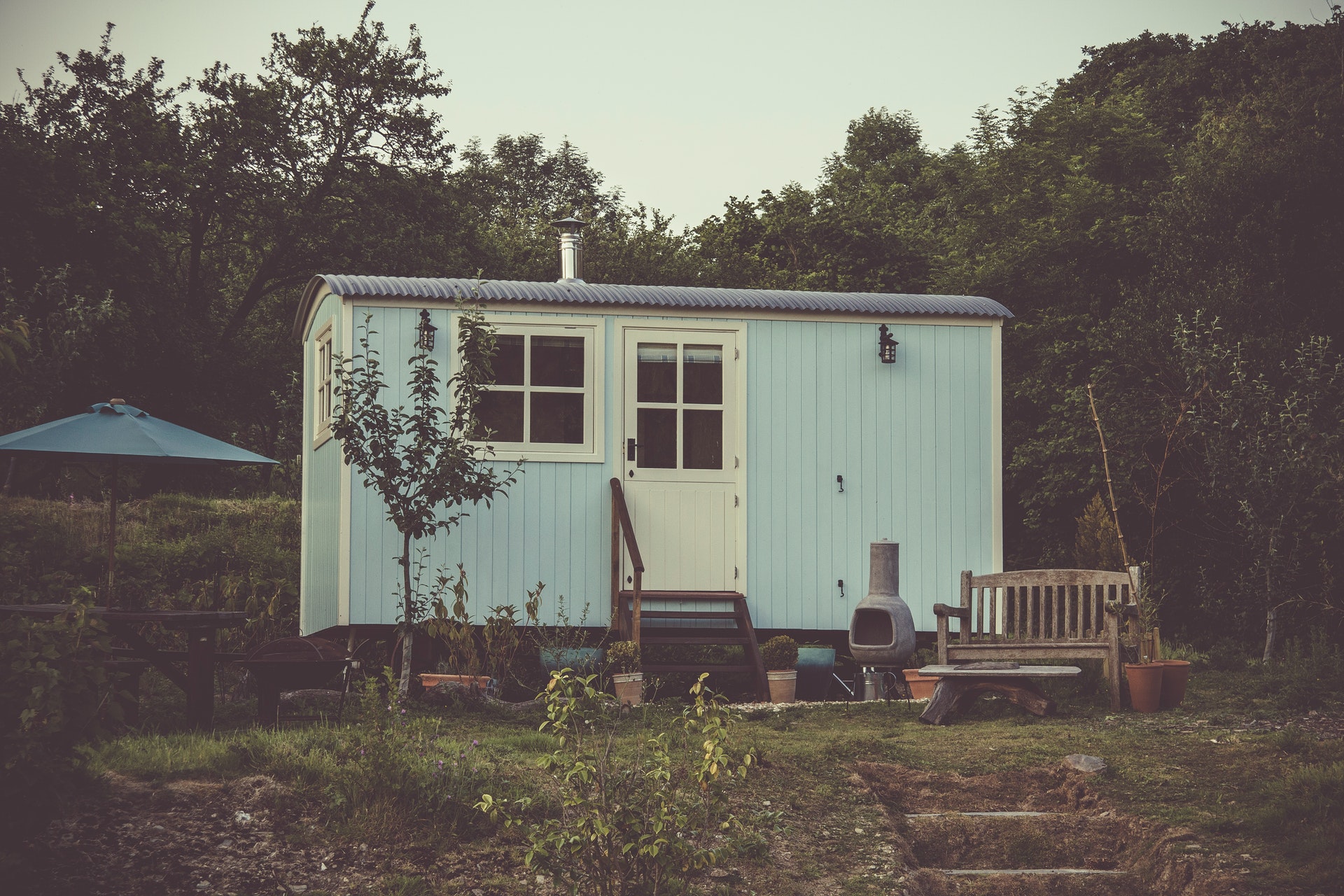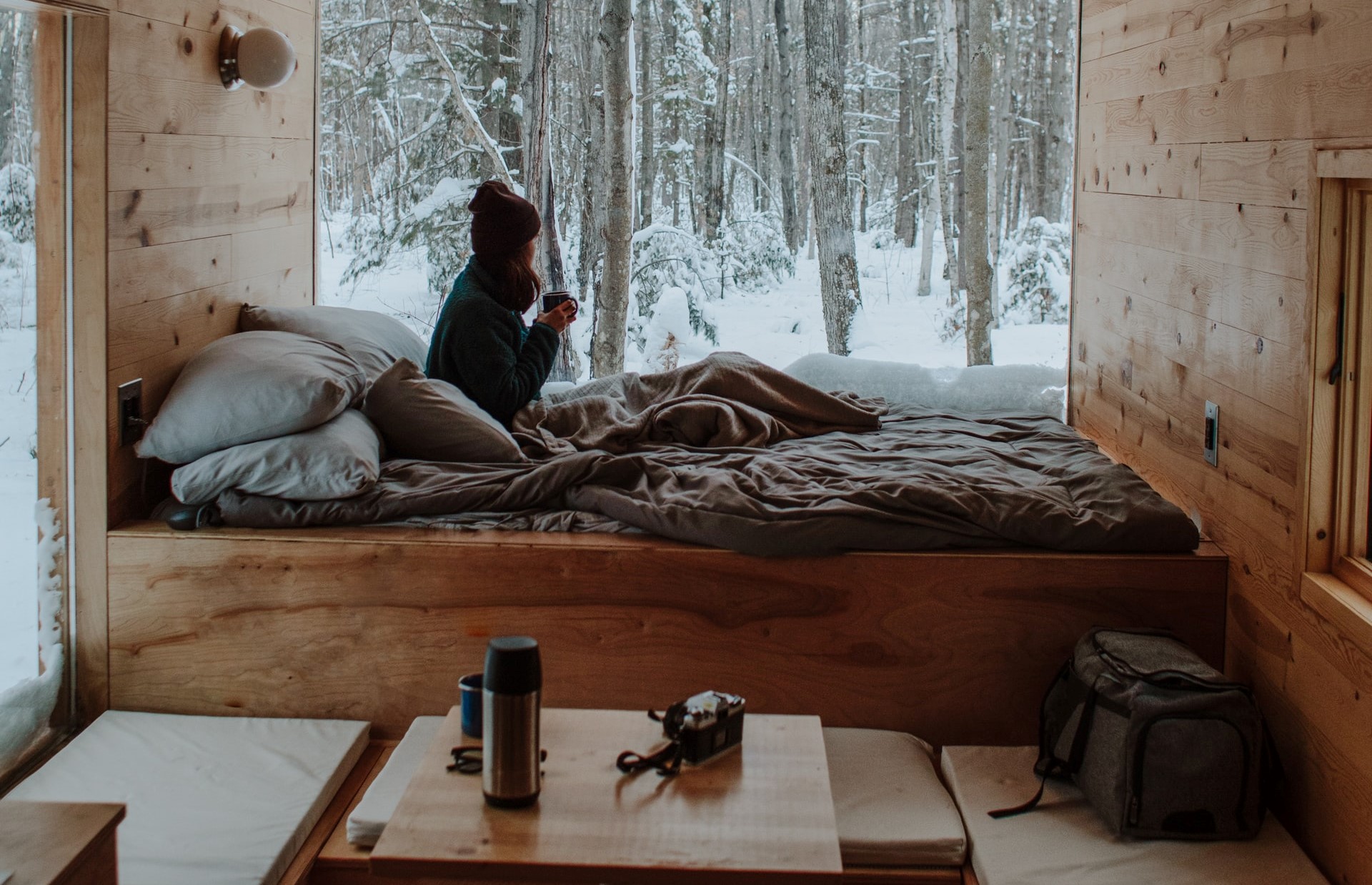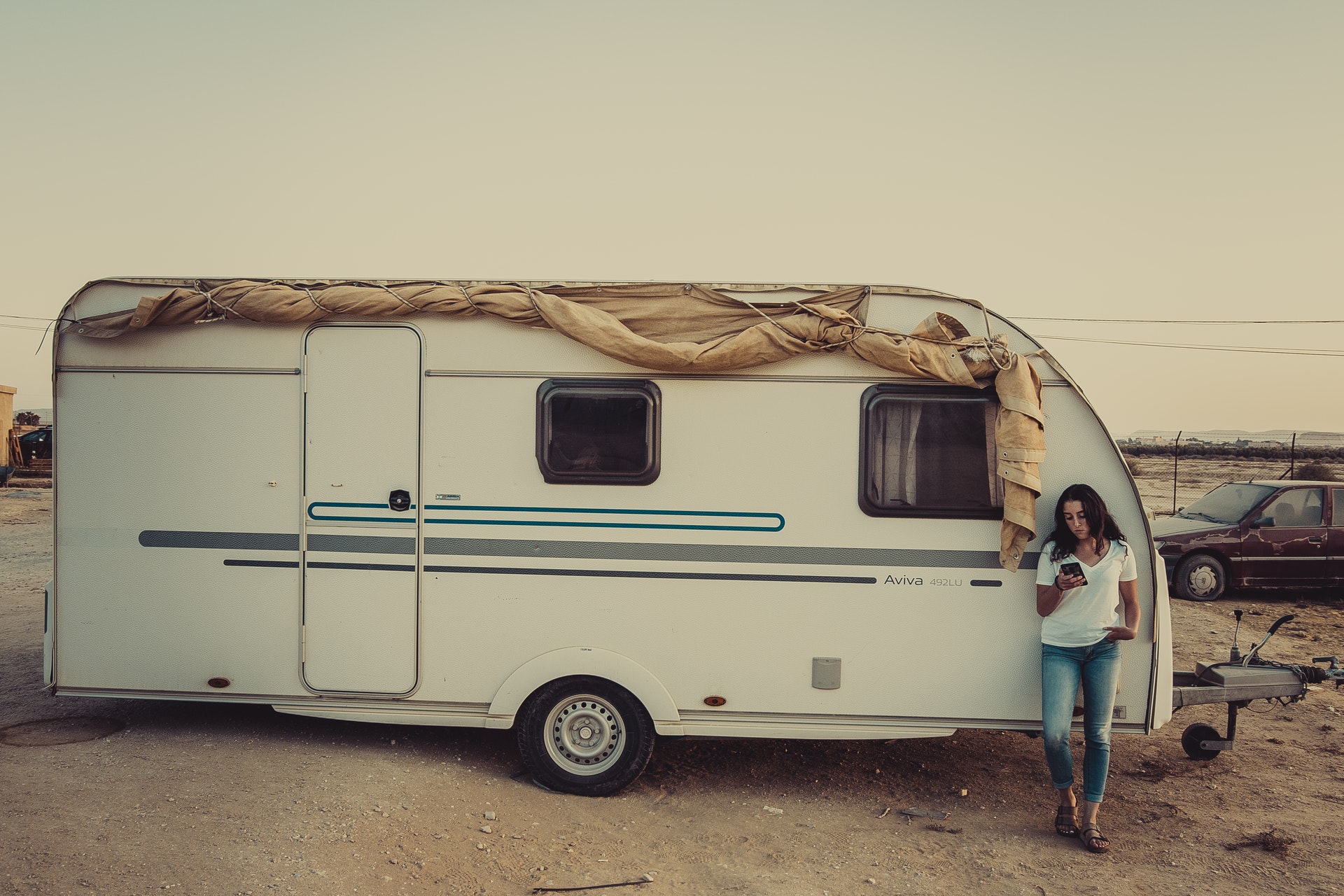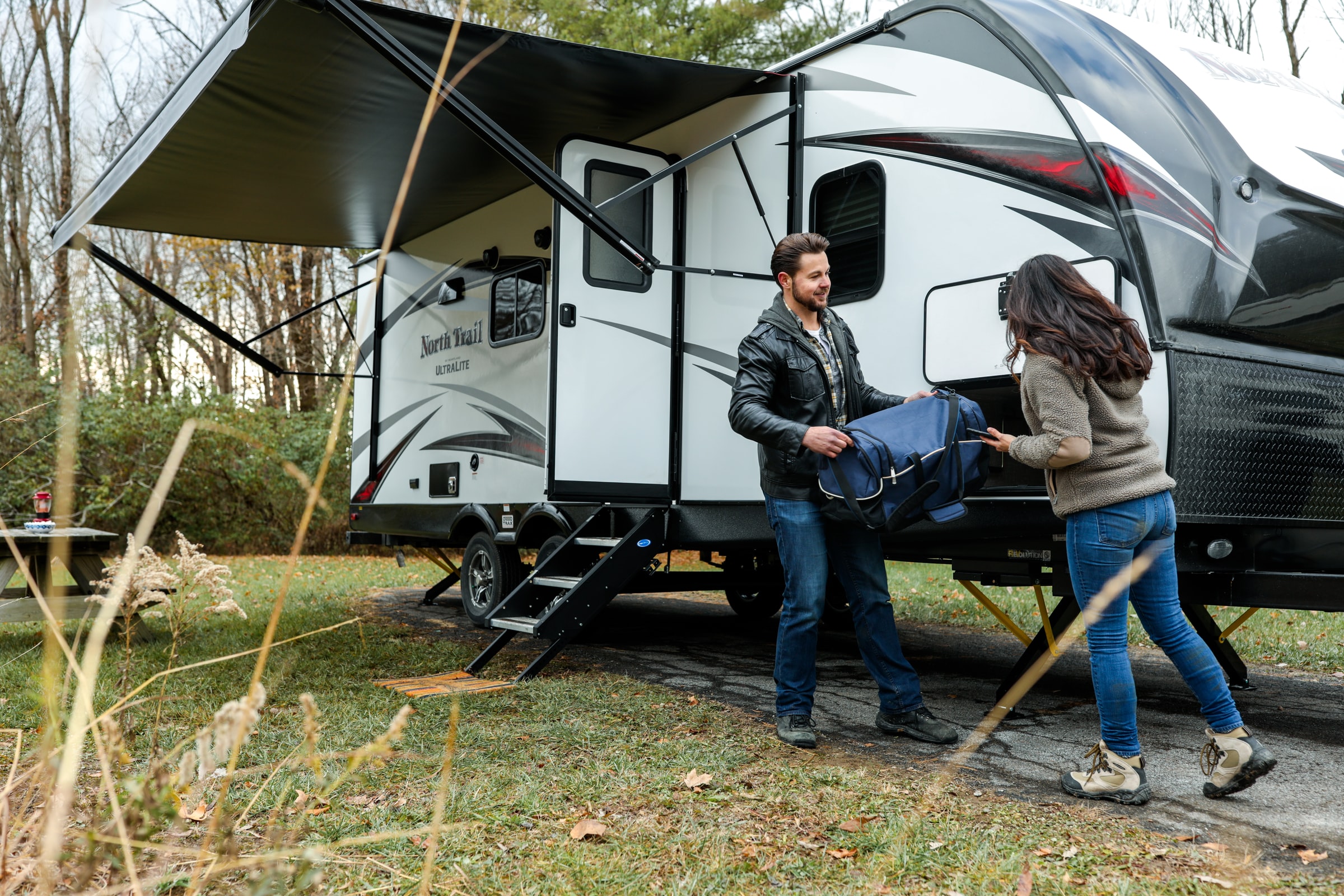Landlord Blog
Education and news for smart DIY landlords!
Tiny House Living: Is It Worth It?

A lot of American households admit that they spend half to a third of their income to keep a roof above their heads. There are also those who are still figuring out how to afford a home. Some aren’t happy with their lives as they hustle hard to be debt-free and experience a mid-life crisis.
Others are even looking for ways to reduce carbon footprint and reverse climate change. With this growing housing and environmental problem, a new philosophy has emerged that promises to make living easier for the average American family while still being able to save the Earth.
This philosophy is called Tiny House living. Let’s dig deeper into this housing idea, the pros and cons, and whether it is the right living choice for you.
What Is Tiny House Living?

The Tiny House Living, Tiny House Movement, or Small House Movement is both a social and architectural campaign that advocates the lifestyle of “living with less”. This is done by downsizing living spaces and simplifying living conditions.
In a nutshell, tiny house living is owning a small lot (usually 400 sq. m and less), building a small house in it, and owning fewer things while still being able to have all your living necessities. And there are other forms of how it can be done. Trailers (container vans) with wheels and modified RVs are two examples.
The rising trend of tiny house living is attributed to the growing concerns of environmental pollution, climate change, cutting monthly expenses, freedom from debt, having a less stressful life, and better financial stability.
The Pros
1. Fewer costs
A small house doesn’t take too much energy to cool or heat up the interior. That means a huge reduction in your electricity bills.
2. More savings
Purchasing a small lot is highly affordable and so is building a tiny home. This way, you’ll avoid living paycheck to paycheck because you’ll have more extra cash by paying little to zero mortgage.
3. Less maintenance effort
Tiny homes have fewer appliances. You’ll only do maintenance a few times a year and can get them done easily. Don’t forget that a small space requires a small effort to clean as well.
4. Very green
Fewer carbon emissions come from a simple way of living. And if you want to, install solar panels to really cut your electrical consumption.
5. Take your home with you wherever you want to go

If your job or way of earning requires you to be on the go, a tiny home with wheels is one of the best decisions you can make. Instead of carrying a lot of luggage for flying from one state to another, why not go on a road trip with your home? Although it saves time to travel by air, road trips make more valuable memories.
The Cons
1. Wheeled tiny homes need to empty their composting toilets regularly
In life, we deal with a lot of crap. Sometimes figuratively and at other times, literally. This is because tiny homes on wheels aren’t usually connected to sewer systems.
2. It will be hard to raise a growing family
A tiny home may not be ideal to raise children. They might not have the level of privacy they need compared to their peers living in medium to large homes. And space will be a huge issue if you decide to have more kids. Some are also able to pull it off. Know their secrets here.
3. Can be vulnerable to mother nature
Tiny homes built on a foundation can be totally destroyed by hurricanes, earthquakes, or tornadoes unless they’re built with a disaster-proof design. And that means paying extra for construction. Mobile variants may be able to outrun these disasters with advanced preparation.
4. Tiny house laws vary and are confusing
Some states do not favor tiny homes and often don’t consider them as legal housing. Others recognize tiny homes not as housing but as an RV and would require to have them parked at RV sites or campsites.
5. It’s difficult to entertain guests

Where will you let your guests sleep and relax when they visit your small abode? These are some of the problems tiny house owners face. However, it is highly suggested that you prepare tents, tent tarps, folding chairs, and portable beds to keep your visitors comfortable during their stay.
The Verdict
Owning a tiny home is best for individuals who want only a single child, don’t want any, live a nomadic lifestyle, are travelers, of retirement age, minimalists, thrifty, or environmentally conscious.
If you really want to live in a tiny home and reap all the benefits of the movement, you must change your lifestyle from being a typical American consumer to a simpler way of living.
Another tip to those who already have kids: You must let them understand why you choose to downsize your living environment so they will not rebel or make any rash actions that will rock your relationship.
You can also wait for them to be fully independent so you can finally live in the tiny home of your dreams.
Need more tips for being a smart homebuyer? Read these!
- The Biggest Mistakes Many First Time Homebuyers Make (And What To Do Instead) - Part 2
- Size Matters: What to Consider When Choosing a Property
- Home Buyers Should Avoid Making These 6 Mortgage Mistakes
- Buying A House? Never Waive These 5 Contingencies
- New Construction vs Existing Property: The Pros and Cons
